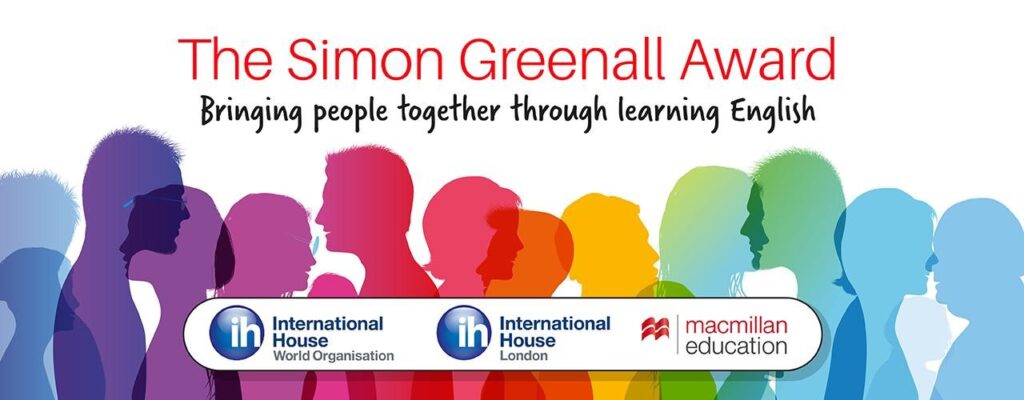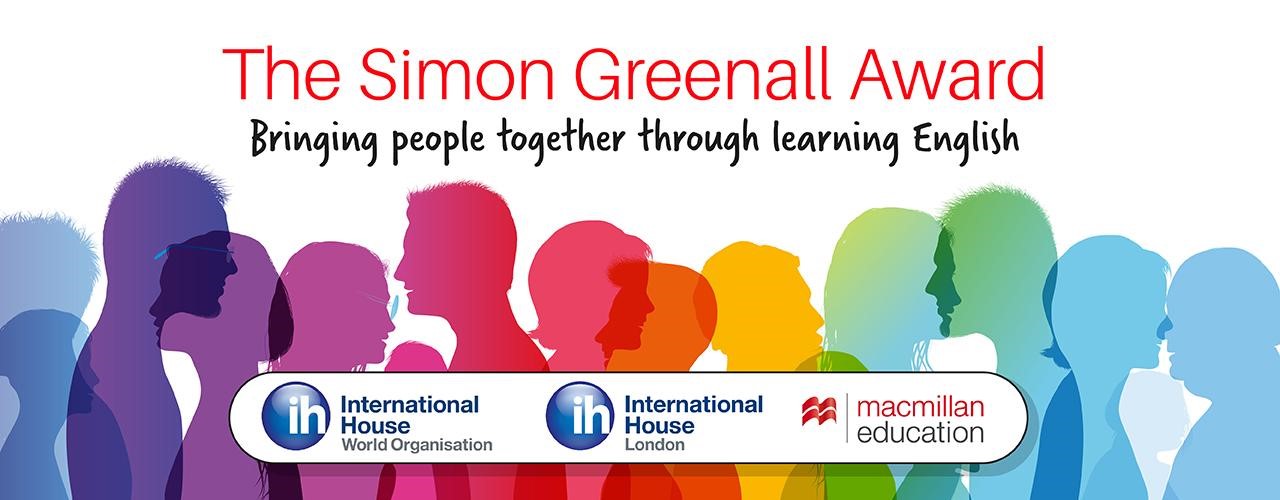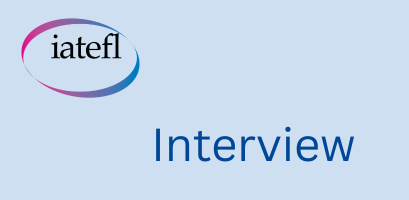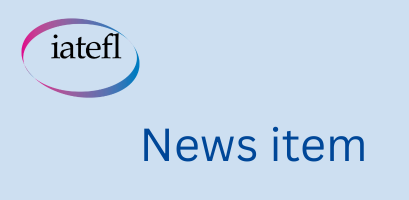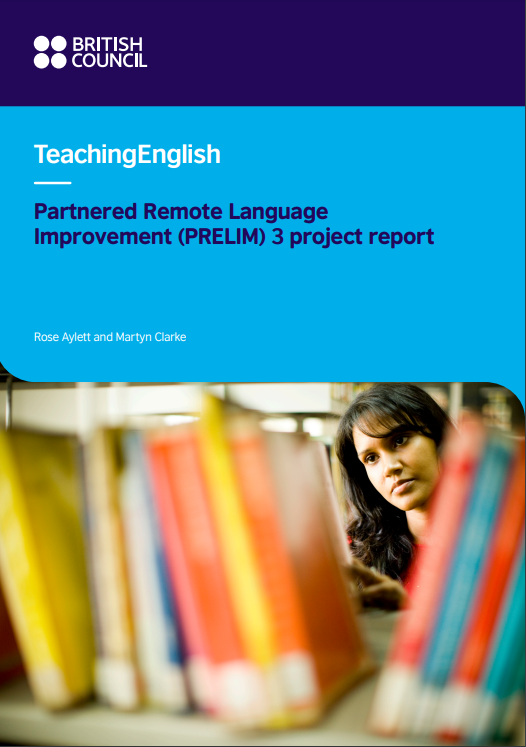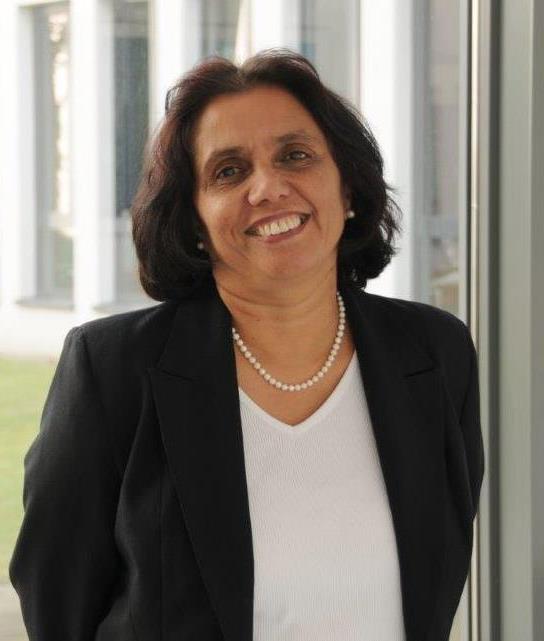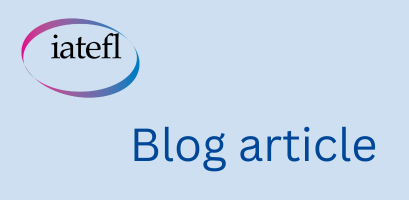
Over the last few years, the importance of emotional and mental well-being in education for teachers and learners has become more widely acknowledged (Sulis et al., 2023). As the emphasis on becoming more aware of our teaching practices and self-care has heightened, two concepts have been growing in interest: reflection and mindfulness. Although they belong to different schools of thought, they share an important similarity, namely to observe and thoughtfully act upon teaching and learning moments both while and after they take place. What distinguishes them lies in their focus and application. Reflection focuses on deliberately and systematically increasing teachers’ awareness, not only as professionals but also as individuals, throughout their teaching journey (Farrell, 2019; 2024). Mindfulness, particularly in its sociocognitive dimension, encourages us to critically engage with situations, explore them through different lenses and develop a flexible mindset (Langer, 2016).
Although activities to promote mindfulness and reflection are abundant, they are rarely applied in practice, particularly in demanding contexts such as exam preparation courses. Such courses are often marked by high stakes, tight schedules, and a strong focus on outcomes which often implies less emphasis on the different stages of students’ learning progress. This mounting pressure affects both teachers and learners with the former struggling to fulfil multiple roles and the latter often experiencing a lack of ownership over their learning journey (Burgess and Head, 2005).
Is there room for mindfulness and reflective tasks in such highly demanding contexts? As a teacher specialising in exam preparation, I have seen firsthand how challenging it is for my learners to reflect on their progress, celebrate achievements and embrace mistakes as part of learning. Still, by taking small, consistent steps to introduce mindfulness and reflective tasks in my lessons, I have noticed that my learners have gradually grown more conscious and in control of their learning progress.
Here are six practical activities I have used with my exam prep learners to help them become more aware of their progress in their learning journey:
1. Take Five and KWL (what a student knows (K), wants to know (W), and has learned (L) about a topic) charts – Moments of Reflection: Introducing extensive reflective activities to learners, such as reflective journals, can be intimidating, especially if students are unfamiliar with reflective practices. Instead of using journals, I have found that it is more practical to begin with a simple “Take Five” activity, where students spend the last five minutes of class reflecting on three prompts: one key takeaway, one challenge/point of confusion, and one question they still have. Once comfortable with this task, I introduce KWL charts adapted for reflection where I ask learners to identify threepoints for each of the following categories: what went well, what could be improved, and one small step they’ll take next. These are ideal after pair or group work as they encourage learners to reflect on their academic performance and progress in developing skills such as collaboration and problem-solving.
2. Short-term Goal Setting: Goal setting often feels daunting for my students as they find it hard to envision what they would like to have achieved by the end of the academic year. Instead of focusing on long-term goal setting, I ask my learners to write down two to three goals they’d like to achieve by the end of the term, along with action steps. We then revisit these goals and reset learning priorities. For younger learners, I use a “What’s in my backpack?” activity where students draw or write about an imaginary “backpack” they carry throughout their exam prep journey. They list what “items” they feel they already possess (e.g. knowledge, determination etc.) and which extra “items” they would like to add (e.g. confidence in speaking/writing, more listening practice etc.).
3. Achieving Goals and Self-kindness Walls: Most exam prep learners struggle to appreciate their progress and detach their self-worth from immediate outcomes. One way to build self-awareness and help learners acknowledge their worth is through paper or digital vision boards using tools such as Padlet or Wakelet. We usually create two boards with my learners. In the first one called “Achieving Our Goals” learners envision how they will feel after reaching their goals, strategies
they intend to use in the process and future steps for improvement. The second is a “Self-Kindness” wall featuring positive affirmations learners write about themselves, revisiting and adding to these throughout the year.
4. Mindful Mistakes 1: Taking Action: For most learners, errors represent learning blocks rather than learning opportunities. One way to shift this perspective and help learners embrace the importance of mistakes is to invite them to engage more actively in the assessment and feedback process. Apart from using student-led forms of assessment such as self and peer-questionnaires, I also like to integrate “Thinking Boxes” in learners’ feedback because they allow students to comment on which feedback points they found most useful and suggest 1-2 actionable steps for improvement. This process makes feedback a two-way conversation and helps students take ownership of their learning.
5. Mindful Mistakes 2- Things Within My Control: Overthinking is a major source of stress, especially in high-pressure environments such as exam prep courses. As part of the visualisation tasks I use with my learners, we also create Venn diagrams to group things they can control, things in a grey zone and things beyond their control. We then brainstorm practical ways to handle the situations in the grey zone (e.g. an unexpected test) focusing on what learners can actively influence.
6. My Stress Management Toolkit: Learners often find it difficult to process stressful situations, especially in social contexts where they prioritise positive emotions over managing challenges. To help my students manage the pressures of the exam course, we can create a “Stress Management” toolkit. Each student brainstorms techniques they find effective for managing stress, such as breathing exercises, positive affirmations, stretching, or even listening to calming music. We either keep the same checklist for their exam day or create separate ones to help them with their exams.
References:
Burgess, S. and Head, K., 2005. How to teach for exams. Malaysia: Longman.
Farrell, T. S. C., 2019. Reflective practice in ELT. Sheffield, South Yorkshire: Equinox Publishing Ltd.
Farrell, T. S. C., 2024. Reflective practice for language teachers. British Council.
Langer, E.J., 2016. The power of mindful learning. Boston, MA: Da Capo Lifelong Books.
Sulis, G. et al. 2023. ELT teachers’ Agency for Wellbeing, ELT Journal, 78(2), pp.198–206.
Available at: https://doi.org/10.1093/elt/ccad050 [Accessed 28 th December 2024]
![]()
About Maria Theologidou
Maria Theologidou is an EFL teacher, teacher trainer, translator/subtitler and oral examiner. She has contributed to publications, written articles for ELT journals, presented workshops at local and minternational conventions and is currently running her teaching, teacher training and academic support services business at https://mariatheologidou.com/. She’s passionate about creating learning spaces in which her students can enhance their creativity and critical thinking skills. When not teaching, she can be found singing, cooking or blogging!

.png) Sustainability has been one of IATEFL’s main strategic focuses for quite a few years now, and each year we share what we are doing on our website with the aim of being open, accountable and hoping to promote shared best practice. With this in mind we also actively study other membership associations and event organisers to see how else we can improve, as well as seeking ideas and input from our members. We include environmental impacts in all areas of decision-making and planning within the association, and this results in clear, tangible steps as outlined below:
Sustainability has been one of IATEFL’s main strategic focuses for quite a few years now, and each year we share what we are doing on our website with the aim of being open, accountable and hoping to promote shared best practice. With this in mind we also actively study other membership associations and event organisers to see how else we can improve, as well as seeking ideas and input from our members. We include environmental impacts in all areas of decision-making and planning within the association, and this results in clear, tangible steps as outlined below: